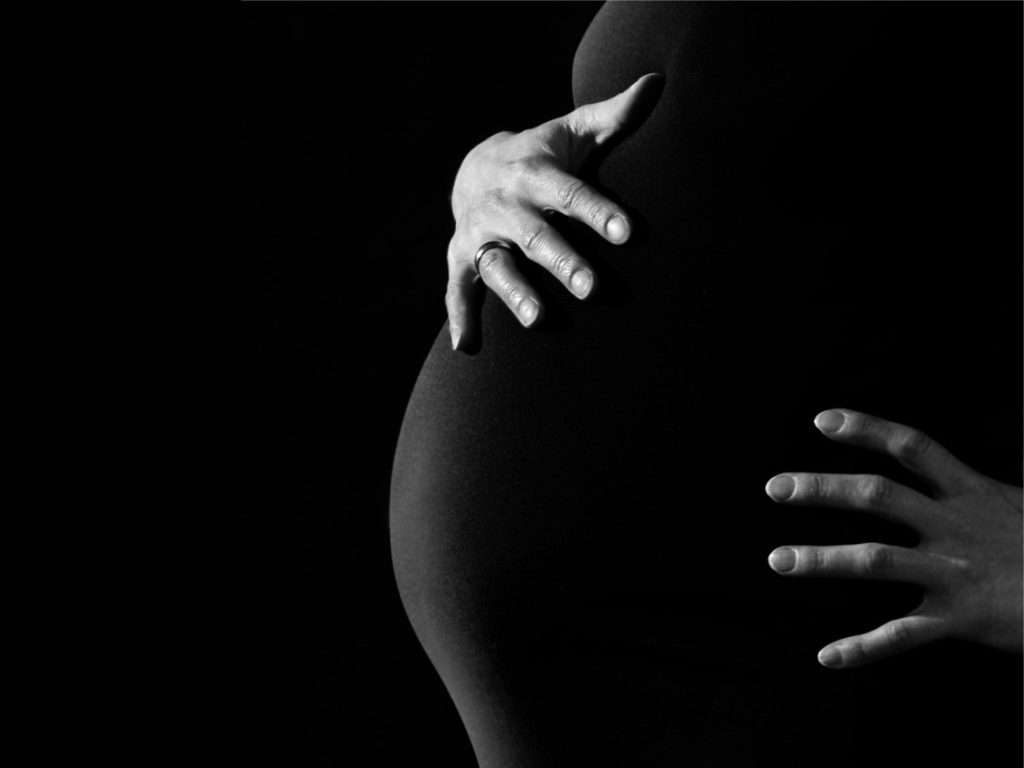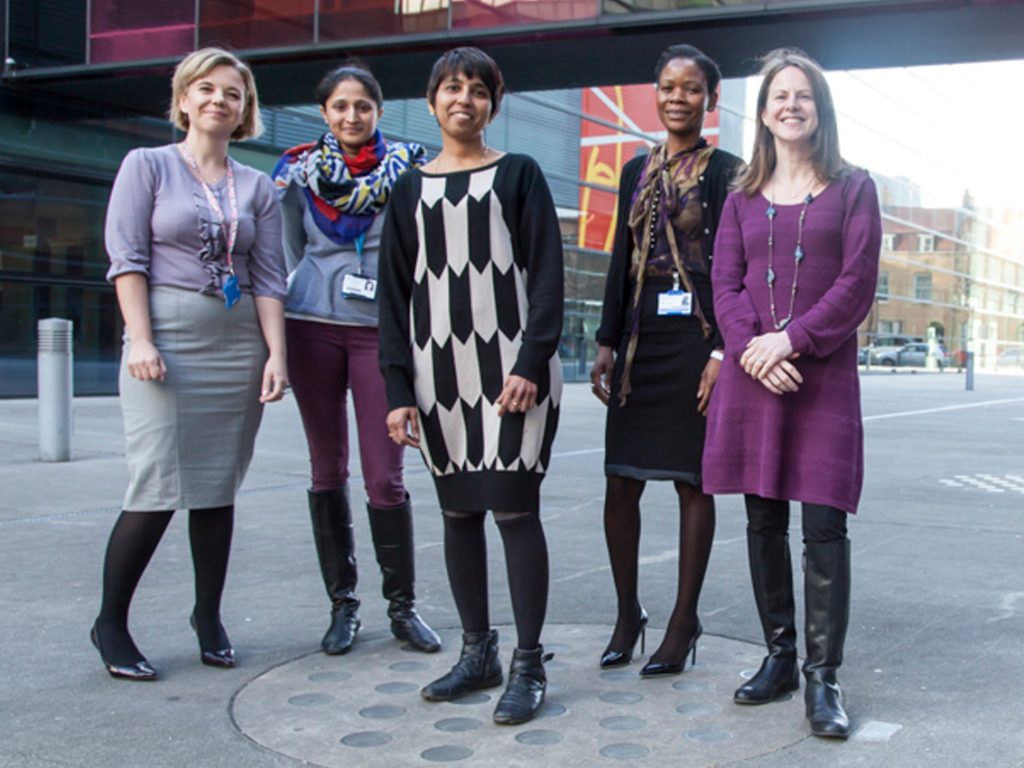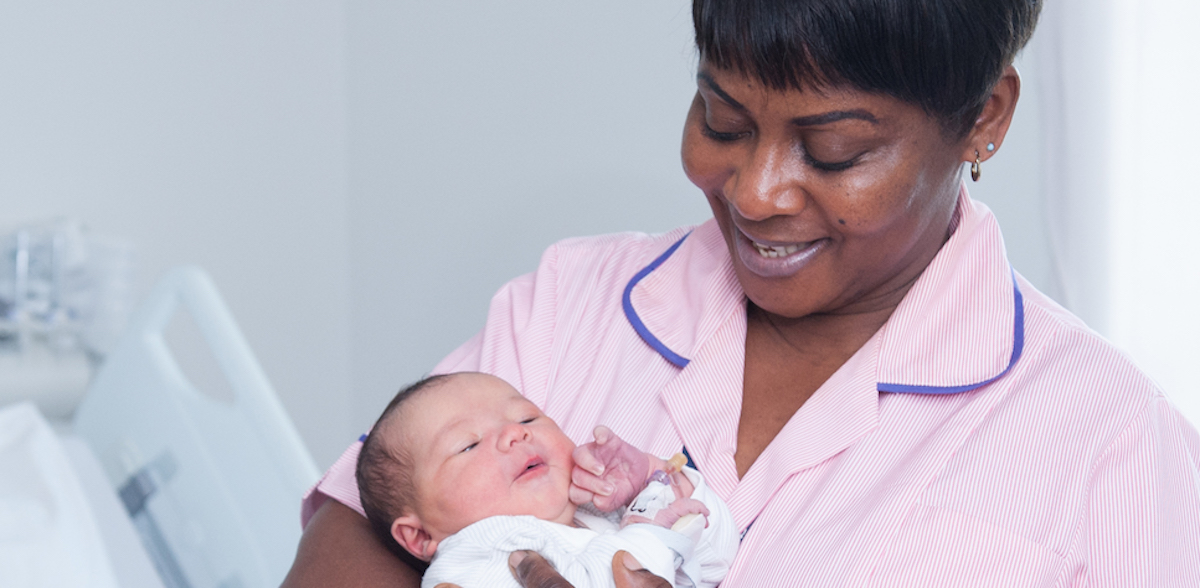The analysis looked at data from 196 studies from 67 low and middle income countries, covering 12 million pregnancies. It found that maternal deaths in low and middle-income countries are 100 times higher than in some high-income countries. A third of all babies in some regions do not survive caesarean section.
Researching women’s health
The Barts Research Centre for Women’s Health (BARC) was established with our funding at the Faculty of Medicine and Dentistry, Queen Mary University of London.
The BARC team is undertaking many studies, including researching the risk of anaemia in pregnancies, and whether eating a Mediterranean diet can prevent gestational diabetes. Their work has an impact not only on local mums and babies, but across the globe.
They hope that this latest research will help to inform global health policies around caesarean sections and help to avoid the preventable deaths of both mothers and babies.
Comparing caesarians in different countries
Every year, 300,000 women die during childbirth; 99 per cent of which are from low and middle income countries. Timely access to caesarean section – when needed – is required for safe childbirth. But the BARC team found that procedures are being performed ‘too little, too late’, or ‘too many, too soon’.

Pregnant woman
This is the largest and most comprehensive study to-date on the risks of death following caesarean section.Dr Soha Sobhy
Largest study to date on safety of caesarean sections
Speaking about this study, which was recently published in medical journal The Lancet, Dr Soha Sobhy from Queen Mary University of London said:
“To our knowledge, this is the largest and most comprehensive study to-date on the risks of death following caesarean section. The outcomes for women in low and middle-income countries are far worse than we expected.
“In sub-Saharan Africa, one in 100 women who has a caesarean section will die – 100 times more than women in the UK. The outcomes for their babies are even worse, with eight per cent not surviving longer than a week.”
Professor Shakila Thangaratinam, from Queen Mary University of London, added:
“Caesarean sections are the most commonly performed operation worldwide. They are meant to be life-saving for both mother and baby, but because of many factors, such as poor access, late referrals, inappropriate procedures, poor resources and training, this is not always the case.
“Now that we know the risk factors and countries associated with poor outcomes, we can make a more targeted effort to improve conditions for mothers globally, so that timely and safe caesarean sections can be done wherever they are needed.”

The team at the Barts Research Centre for Women's Health
Calls for improvement
Based on these findings, the BARC team are calling on policy makers and healthcare professionals to improve access to surgery and promote appropriate use of Caesarean sections. In addition they would like them to provide safer surgical environments, and increase neonatal resuscitation to help improve outcomes for babies.
Other funding for the study came from Ammalife Charity, ELLY Appeal and the National Institute for Health and Care Research (NIHR).


